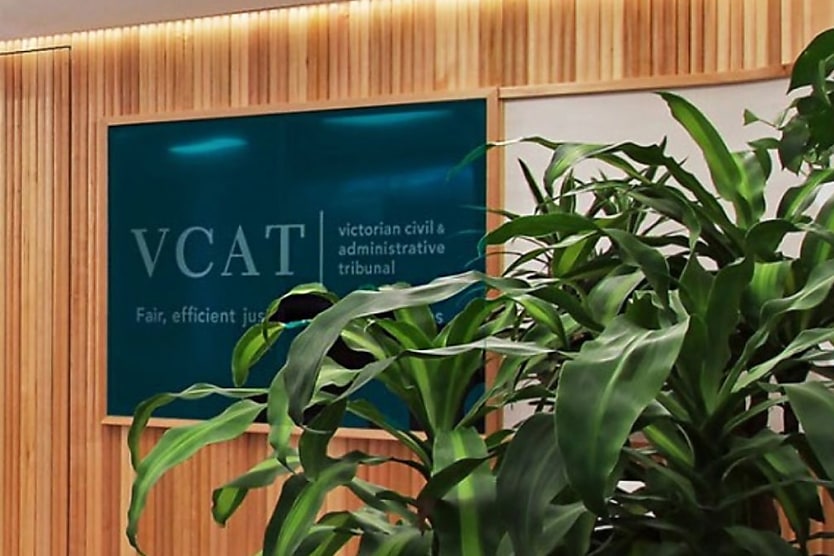Children’s dentist banned after decade of inadequate care
SHARE THIS ARTICLE

A children’s dentist who took a “less invasive” approach with his patients has been barred from practising after 10 complained of years of discomfort, inconvenience, and expenses.
For just over a decade from April 2008, dentist Dr Ari Masters provided inadequate care and treatment plans to nine children and one adult out of his Melbourne-based practice, No Brace Centre.
The misconduct was a result of Masters’ “less invasive” method, where teeth were pulled less and braces were not applied as often.
After four counts of professional misconduct were brought against Masters by the Dental Board of Australia, the Victorian Civil and Administrative Tribunal (VCAT) reprimanded and disqualified him from registration as a health practitioner for four years.
VCAT’s senior member Jonathan Smithers and health practitioner members Chris Hart and Alan Johnston said Masters’ conduct was “damaging” to the reputation of the profession, “including both general practitioners and paediatric orthodontic specialists”.
“A message needs to be sent to the profession that provision of treatments, which are so seriously deficient … falls well below the standard of care which members of the community are entitled to expect when they place their children in the hands of a dental practitioner,” Smithers, Hart and Johnston said in their judgment.
By relying on the less-invasive approach, Masters treated patients beyond his expertise when he should have referred them to specialists, either at the very beginning or as the treatment evolved “and the need to do so became apparent”, VCAT was told.
Treatments went for “years longer” than needed, “causing additional inconvenience, discomfort and expense” to patients and parents.
In some cases, patients’ treatments were found to be unnecessary and ineffective, and some experienced adverse outcomes.
Masters also made “fundamental misdiagnosis”, treatment was started prematurely, and he often took a “one-size-fits-all approach”.
Smithers, Hart and Johnston said most of the “egregious actions” took place before December 2013, but Masters did not make significant changes to his mode of practice afterwards.
“In particular, courses of treatment embarked upon years before on the basis of inadequate diagnosis, with inadequate treatment plans, and without properly informed consent, continued on for years after that date,” they said.
In its submissions to VCAT, the Dental Board said Masters’ conduct was a breach of trust to his young patients and their families, and the tribunal needed to “send a clear message to the community that such conduct cannot and will not be tolerated in the profession”.
The board also informed VCAT that Masters has been the subject of disciplinary action three times since 2009.
In November of that year, Masters was cautioned, reprimanded and fined $17,500 in total for unprofessional conduct related to false, misleading or deceptive advertisement, and for his failure to maintain continuing professional development records.
The following July, he was again cautioned, reprimanded and fined $25,000 for “unprofessional conduct of a serious nature” in relation to one patient, a failure to obtain informed consent from a patient’s parent, and a failure to maintain adequate records.
The 2010 decision found Masters caused a “dental disaster” to a boy that was “foreseeable and preventable”.
The patient was at risk of “life-long consequences” and faced the prospect of “major surgery as a young adult”, the tribunal said at the time.
His next disciplinary action resulted in another reprimand and a $10,000 fine for a failure to provide good patient care and a failure to refer a patient to a specialist in December 2014.
Masters surrendered his registration in August 2019, “disengaged” from the investigation and hearings, and told the Australian Health Practitioner Regulation Agency not to refer to him as “Dr” because he “no longer used that term and was no longer registered as a dentist”.
